A couple of weeks ago I received a message from one of you asking me to share what I wished pet parents knew. Wow! That’s quite a request. Where do I begin? This week I’ve decided to take a stab at this intriguing inquiry. I’ve decided to let you in on four things I want every dog and cat owner to know about their pets. I hope you find this post insightful and though-provoking, triggering some healthy discussions around your respective dinner tables. Happy reading!

Steroids & NSAIDs Don’t Mix
I don’t understand why pets are prescribed this drug combination. Sadly, I encounter patients receiving both steroids (i.e.: prednisone) and non-steroidal anti-inflammatory drugs (NSAIDS; i.e.: carprofen | Rimadyl®) all too often. Yes, veterinarians prescribed the combination. Yes, they were wrong to do so. This is a basic pharmacology fact taught in veterinary school, yet too many clinicians still make the mistake of prescribing these drugs together. So, I feel an obligation to educate pet parents about this issue. So, know this!
Your dog and cat should not receive steroids and anti-inflammatory doses of NSAIDs at the same time!
I also feel it’s important for pet parents to know why they need to avoid this combination. When pet’s receive steroids and anti-inflammatory doses of NSAIDs together, serious and life-threatening adverse reactions can happen, including gastrointestinal hemorrhage and perforation, liver toxicity, and acute kidney injury. You can read more about this issue here.
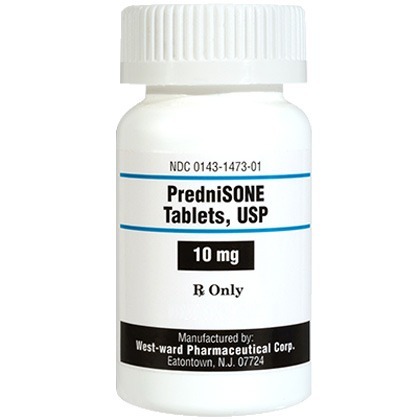
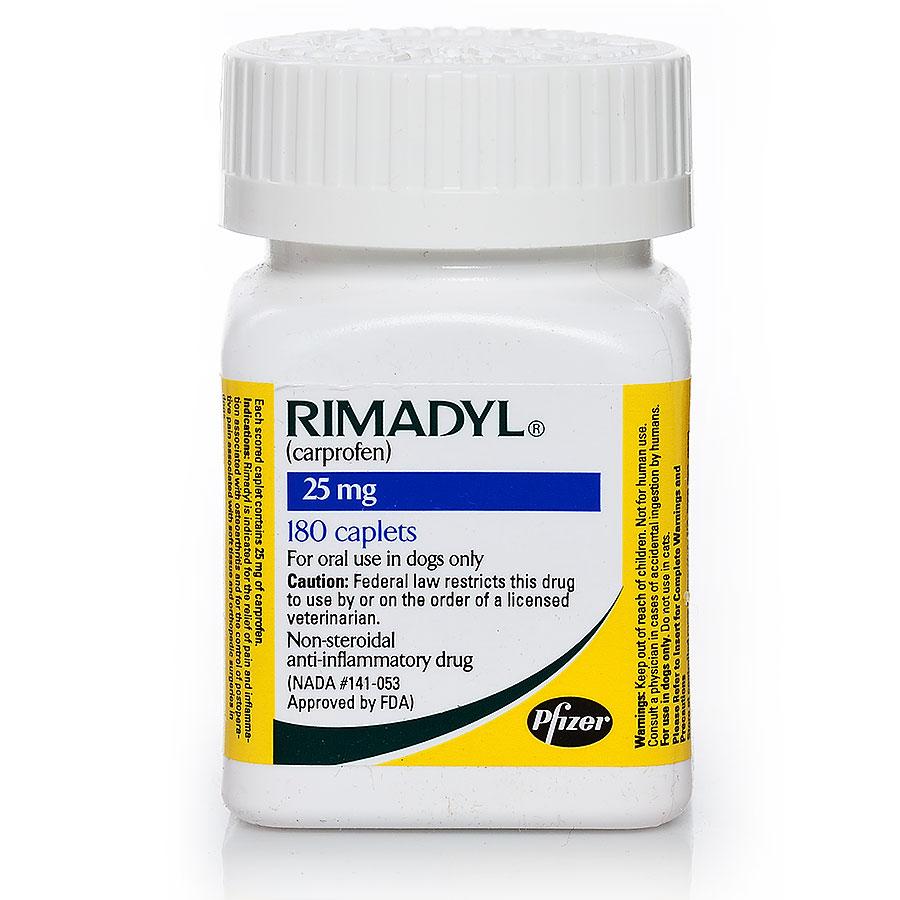
“Nutrition Consults” at Pet Food Stores are Bogus
If you want to pick a topic that will get the pulse of nearly every veterinarian racing, pick nutrition. There’s nothing quite like hearing a pet owner say, “My breeder told me to…” when referencing nutritional recommendations. Too many pet parents disregard the medical expertise of veterinarians, including board-certified veterinary nutrition specialists, in favor of the bogus information hyped on pet food commercials, by uneducated breeders, and at the myriad pet food stores.
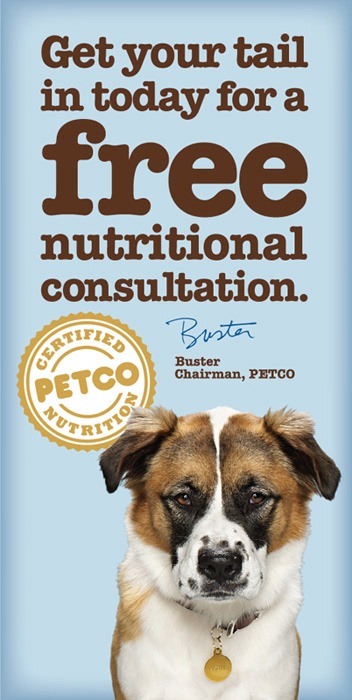
Guess what folks? Betty Breeder – unless she’s a veterinarian or board-certified veterinary nutrition specialist – shouldn’t be your go-to source for pet nutrition information. Unless she’s a Doctor of Veterinary Medicine or is a Diplomate of the American College of Veterinary Nutrition, she’s simply not a reliable resource.
Similarly, Patty Pet Food Store Worker has no bona fide veterinary nutrition training. What she does have is training by her pet food store to help her sell pet food to naïve pet owners. She’s been trained to use terms like “grain free”, “no artificial preservatives”, and “organic” to entice animal owners to buy food. There is no scientific basis for their recommendations. Their disregard of food science is astounding and egregious. Rather than consulting Betty or Patty, I recommend consulting with one who actually knows what your pet’s nutritional needs are – your veterinarian and/or a board-certified veterinary nutrition specialist.
Don’t get me started on raw diets. They’re dangerous. As you can imagine, there aren’t many proverbially black and white issues in veterinary medicine. For me, feeding a raw diet is one of them. In fact, when I practiced internal medicine, I would not enter into a veterinary client-patient relationship if a family fed a raw diet. I drew a line in the proverbial sand. That’s how strongly I feel about this issue.

I can hear some of you now. Wild dogs and cats ate raw meat so our pets should too. Did you know the genetics of our domesticated pets have changed from their wild ancestors Research has shown dietary requirements of domesticated pets are different from their wild ancestors. So, please don’t use the tired ancestral myth to justify an uneducated decision to feed raw diets. To learn more about raw diets, please click here to read an article written by board-certified veterinary nutrition specialists at Tufts’ Cumming School of Veterinary Medicine.
Pets Aren’t Really Finicky
On an almost daily basis I consult with families whose dogs or cats aren’t eating well (or at all). Invariably, they report they’ve tried multiple types of ready-made foods to entice their fur babies. Many have even cooked special homemade meals only to have their pets sniff or lick the food and then turn away from the food bowl. Many ill pets will initially eat a food but when that meal makes them feel ill, they subsequently refuse to eat future offerings of that food. When a different delectable is offered, they’ll repeat this behavior.
Here’s the point. Their pet isn’t finicky. They’re not just craving a new flavor. Their pet is nauseated! So, if you find yourself changing your dog’s or your cat’s diet because they’ve stopped eating it, it’s time to bring your pet to your family veterinarian for an evaluation. It’s time to figure out why your pet is nauseated!
Know What Information to Trust Online
None of us are naïve enough to believe all information available on the Internet is created equal. Let’s be honest. There’s some pretty erroneous and biased material online. No one is in charge of the Internet. There a very few rules and regulations for online content. Anyone can build a website, and one need not have any educational or professional qualifications. You simply cannot and should not automatically trust information found online. So, here are some helpful tips to help ensure your online searches are fruitful with accurate data:
- Look for the credentials of the author to make sure the information is written by a veterinary healthcare professional
- Be wary of commercial sites due to potential for bias and conflict of interest
- Check to see if the information is current (less than five years old)
- Be sure the information is understandable and easy to navigate

I would be negligent if I didn’t 100% encourage you to openly communicate with your pet’s veterinary healthcare team. Ask questions of veterinarians and licensed veterinary technicians. Demand the information you desire. Most of us truly love educating pet parents. I personally feel working with educated pet parents makes my job easier, and as such, I’m better able to help my patients. I have truly found if all members of a pet’s healthcare team, including families, are on the same proverbial page, we have a much higher likelihood of successful outcomes.
The take-away message…
I hope these four tidbits have been informative and helpful. They’re very important for you to know! If you like this type of information, please let me know in the comments, and I can share similar posts in the future.
To find a board-certified veterinary nutrition specialist, please visit the American College of Veterinary Nutrition.
Wishing you wet-nosed kisses,
CriticalCareDVM



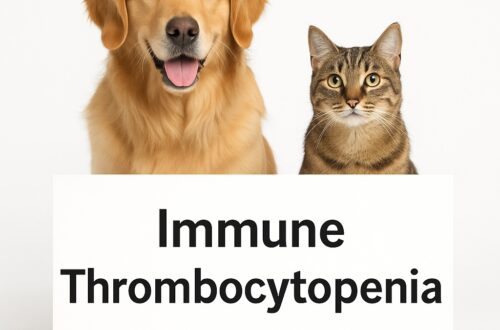
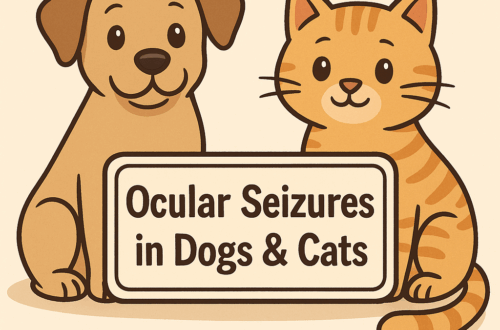
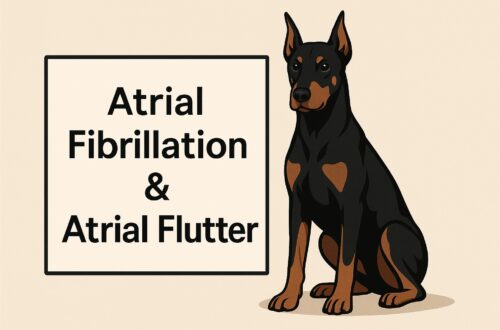
Doc. My MiKi girls always feel bad and they have collapsed trachea both of them what caused this and how can I treat them my vet is not very good I live in a small town and we only have three and the other two don’t give me any info my vet took ex rays and that’s how I knew they cough, honk like geese, sneeze all the time and reverse sneeze when they get excited or drink water to fast. Raven and Shyla will be 4 Aug 15th please help and thank you. Sidni
Hi Sidni. Thank you for your message. Collapsing trachea is a relatively common health problem. The good thing is a majority of patients respond well to medical management, especially when treatment is begun early. If you’re family veterinarian isn’t comfortable diagnosing and/or managing this condition, you may find it helpful to partner with a board-certified veterinary internal medicine specialist. I know you said you’re from a small town, and you may not be able to travel to see a specialist. If that’s the case, your family veterinarian should be able to speak with one – I guarantee they know a board-certified veterinary internal medicine specialist who will be more than happy to speak with them about your dogs and help them (and you). I’ve written a post of tracheal collapse in dogs – use this link to read more: https://criticalcaredvm.com/tracheal-collapse-dogs/ I wish you the best of luck!